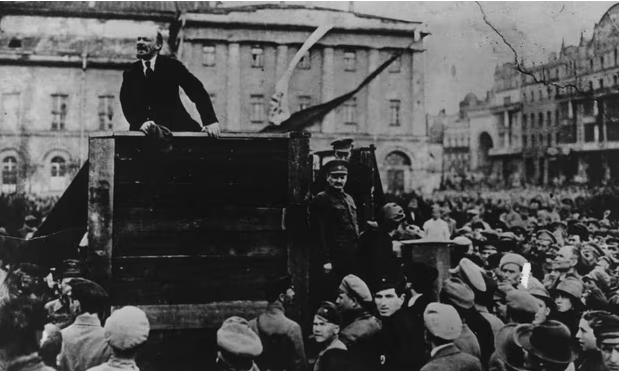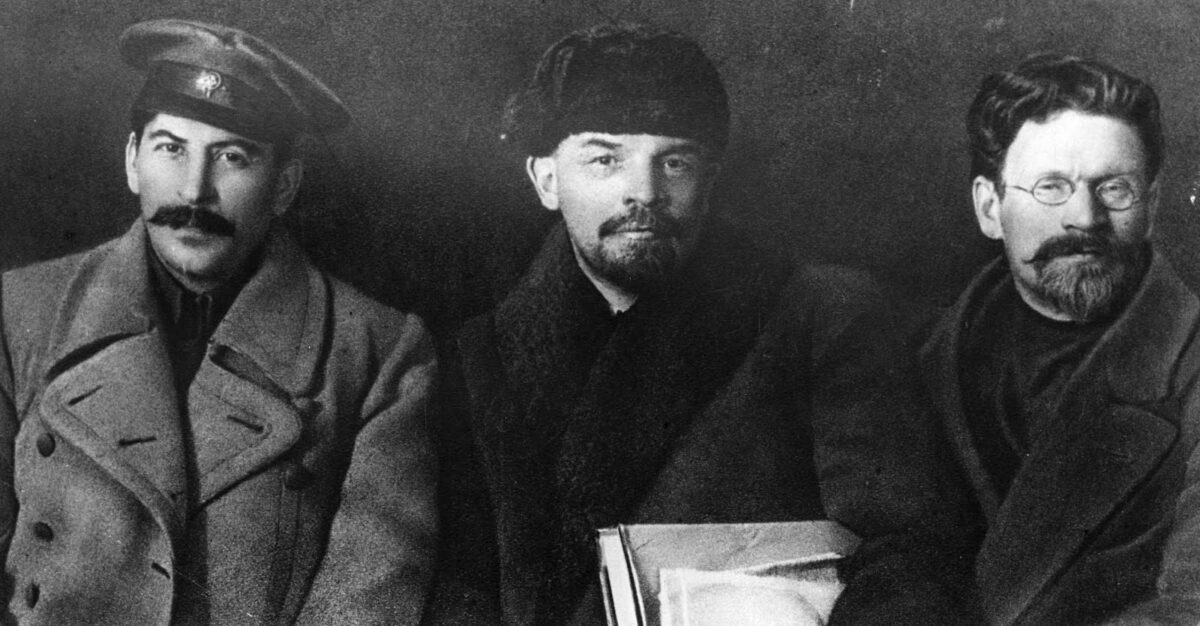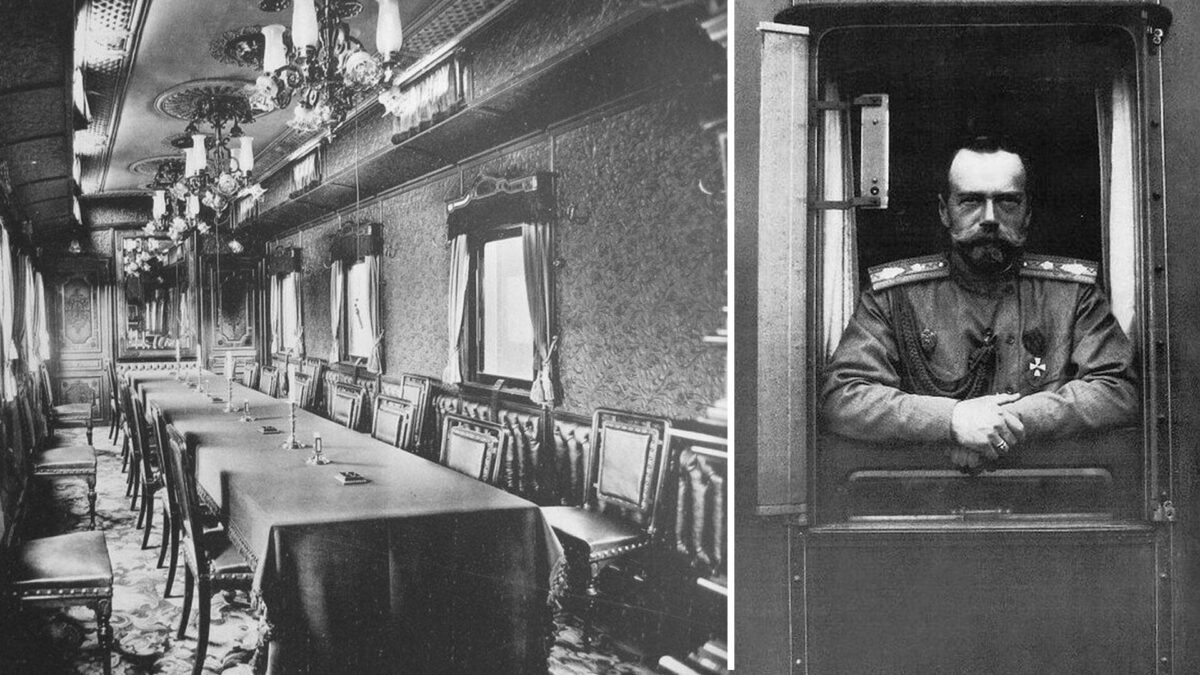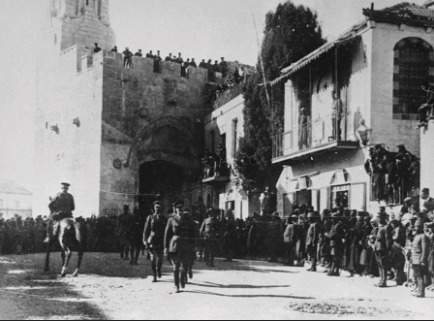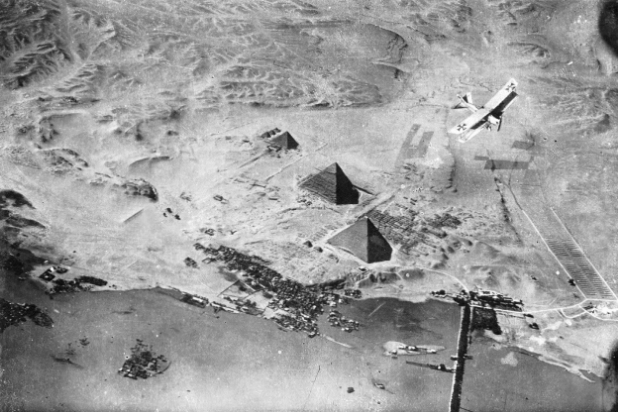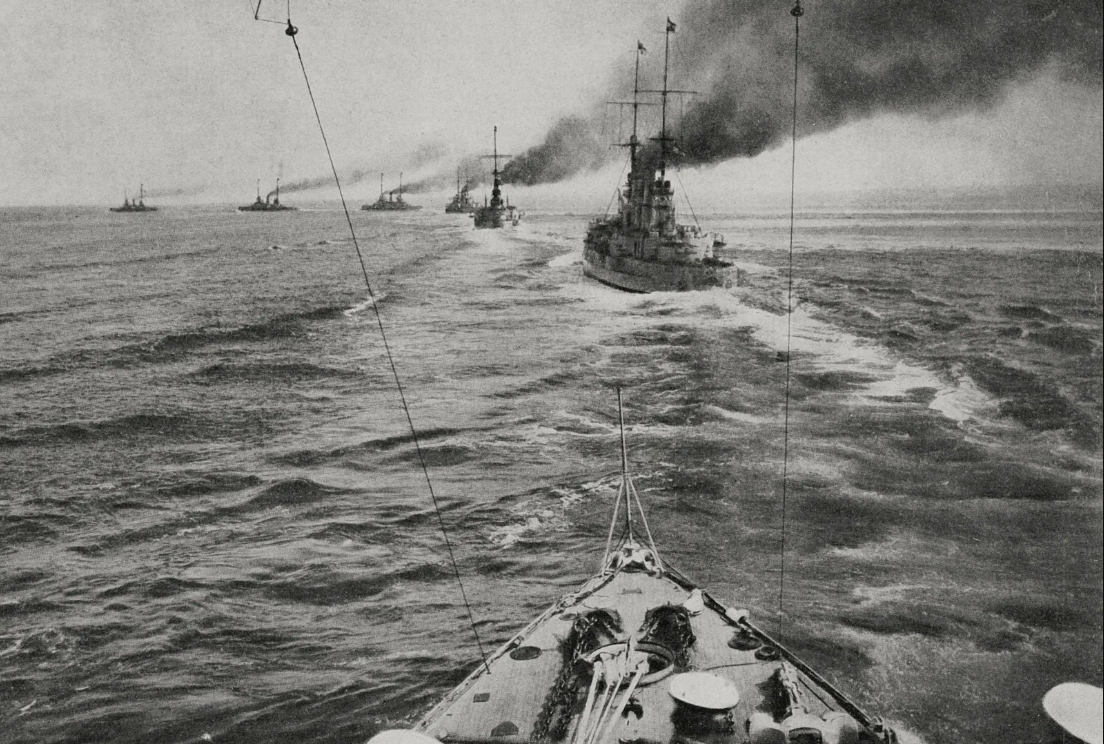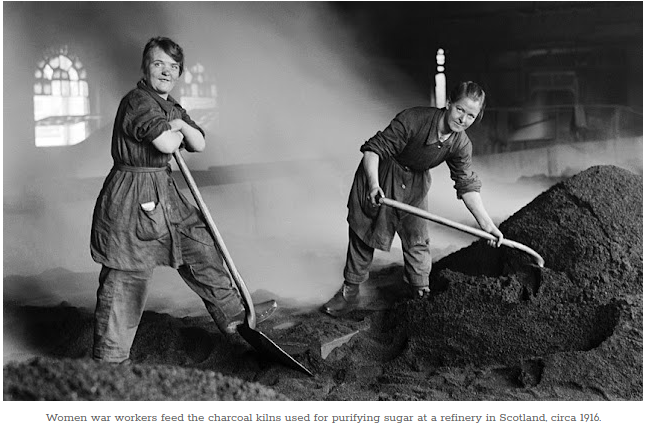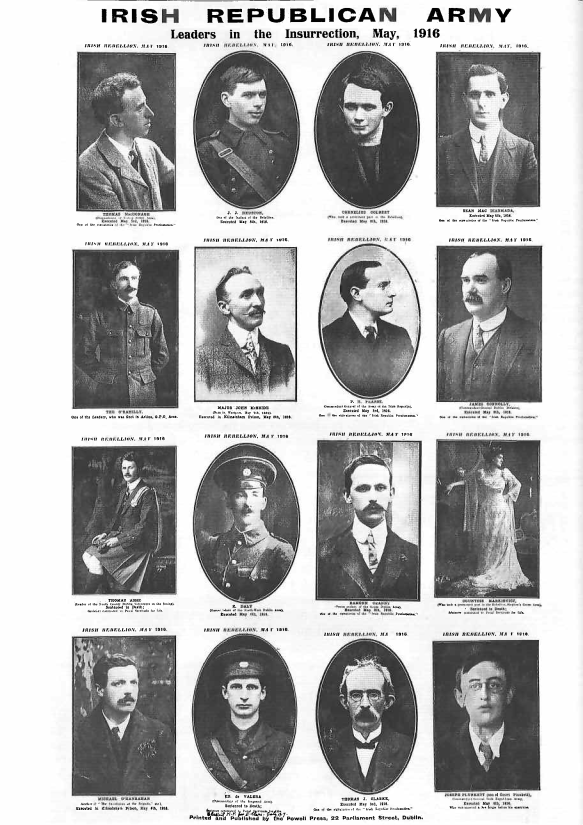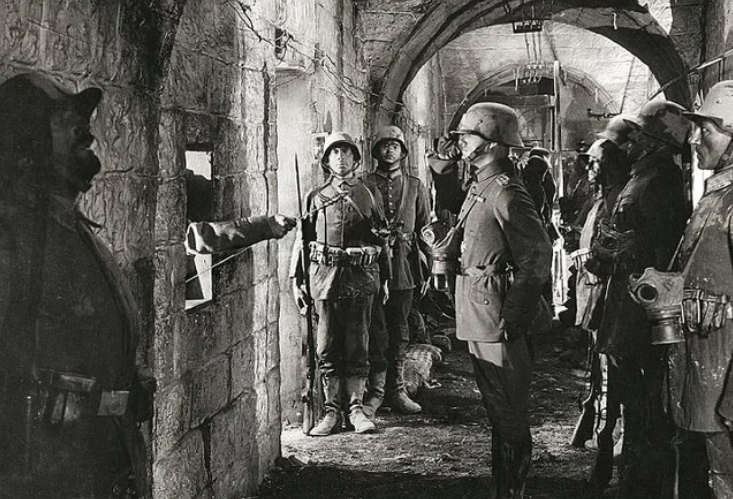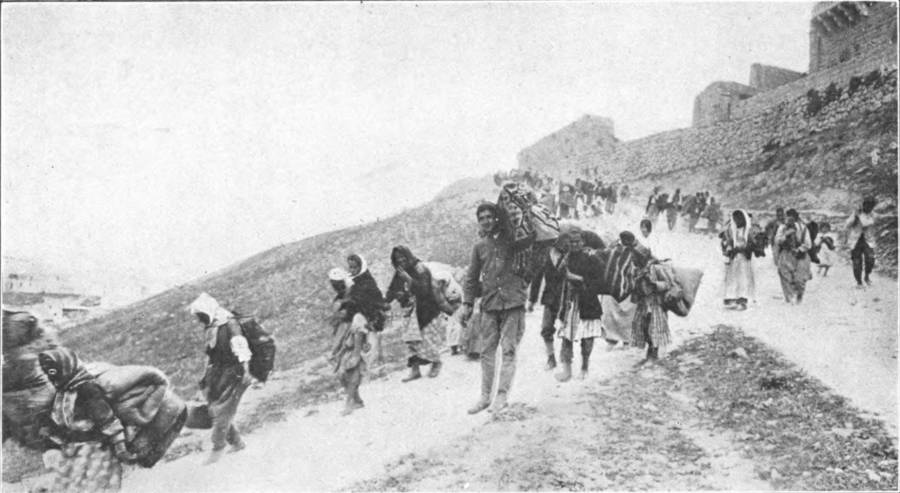From July through to Red October 1917. The Kornilov Affair to the Bolshevik takeover. The culmination of our series on the Bolshevik Revolution.
Tag: World War Civ
World War Civ 41b: Russian Revolution pt2 – Lenin and Trotsky
Way back in World War Civ 6,7, and 8, we covered the Russian Revolution of 1905 including future main characters Lenin, Trotsky, and Stalin. Now as the 1917 Revolution unfolds we revisit these protagonists and study their actions and writings in the years leading to October 1917. Perhaps history is grand movements of masses, but if there are individuals who can make a difference in world history, these were some of them.
World War Civ 41a: 1917 Russian Revolution pt1: to February
The leadup to the February 1917 Revolution, including the assassination of Rasputin, the abdication of tsar Nicholas II, and the rise of dual power between the Provisional Government and the Petrograd Soviet.
World War Civ 40: How Britain Took Palestine in 1917
General Allenby, Sharif Hussein and his son Feisal, and their handler TE Lawrence array the forces of the British Empire and the Arab Revolt against the Turco-German forces in Palestine. The battle starts in Gaza and ends with Allenby walking into the Jaffa Gate of Jerusalem. The story of the fateful campaign that brought British imperialism to Palestine (and Lebanon, and Syria…). We note that the British found Gaza to be a “fortress” from which it was impossible to dislodge the Turkish forces; Justin felt TE Lawrence was overrated, just another imperialist; and we compare admiration of the stoicism with which Allenby took news of his son’s death, with an analogous situation today.
World War Civ 39: War Takes to the Skies
From crashing test flights to close air support and strategic bombing – on the breakneck innovation in aerial warfare over the course of WW1. An issue with some implications today, you’ll agree?
World War Civ 38: The War at Sea from 1916-1918
It could be argued that World War I was decided at sea. The British blockade; the Germans try unrestricted submarine warfare, and massive consequences follow. We talk about Jutland, Skaggerak, the Luistania, and civilian hardships, in the war at sea.
World War Civ 37: Women in the Great War
Among the many changes wrought by WW1 was an irrevocable change in the status of women. “Munitions girls”, women running the Paris Metro and the buses in London, policewomen and auxilaries. We conclude with some notes on a conscription crisis in Canada that also played a role in women getting the vote.
WW Civ 36: The Easter Rising in Ireland 1916
The conditions may not have been optimal but they didn’t look to be getting better – so the Irish Revolutionaries made their move in Easter 1916. A week of urban warfare followed – the revolutionaries lost – but they succeeded in transforming the Irish question forever and setting the nation on the inevitable road to independence.
World War Civ 35: Agony and Slaughter 1916
The battles of Verdun, the Somme, and the Brusilov Offensive. Epic, tragic military errors, horrors of trenches, battles that killed hundreds of thousands and changed the course of history.
World War Civ 34: The Armenian Genocide 1915-16
Genocides happen in broad daylight – it is only afterwards that they are covered up. There are still fewer countries that recognize the Armenian Genocide than countries that do not. We read scholars that take the view that it was a genocide as well as a scholar that describes the events without using the label, presenting the story of 1915-1916 as well as the trial of the leaders after the war. One scholar of the genocide says that by refusing to investigate these events enough, “society has lost its moral sensitivity to past genocide as well as to current and possibly future episodes of mass violence.”

